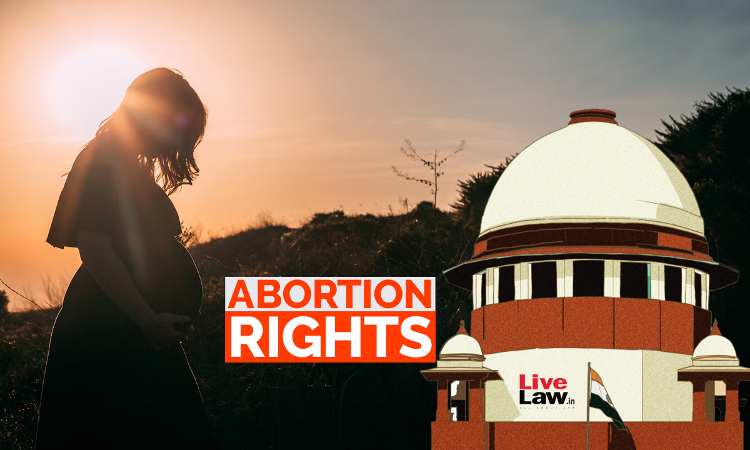All Women Entitled To Safe & Legal Abortion, Distinction Between Married & Unmarried Women Unconstitutional : Supreme Court
Padmakshi Sharma
29 Sept 2022 11:04 AM IST

Next Story
29 Sept 2022 11:04 AM IST
In a significant judgment, the Supreme Court on Thursday declared that unmarried women are also entitled to seek abortion of pregnancy in the term of 20-24 weeks arising out of a consensual relationship.The Court ruled that exclusion of unmarried women who conceive out of live-in relationship from the Medical Termination of Pregnancy Rules is unconstitutional."All women are entitled to safe...
